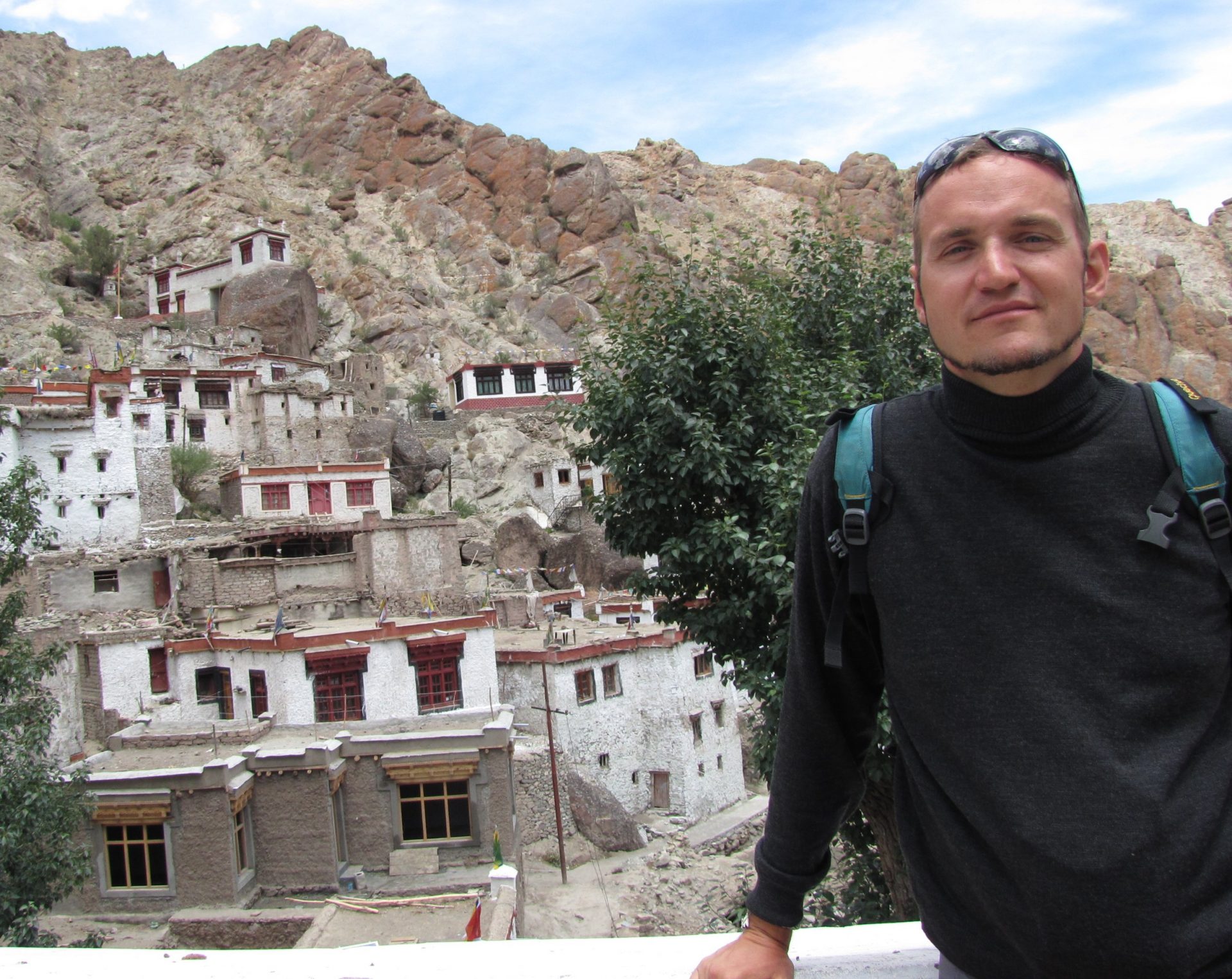
Dr. Aleksander Łupienko
T. Manteuffel Institute of History, Polish Academy of Sciences, Warsaw
-
- Research topic:
- Lwów as Identity-Building Space, XIX – early XX cent.
- Period:
- December 2018

T. Manteuffel Institute of History, Polish Academy of Sciences, Warsaw
Aleksander is an urban historian of the "long" 19th century of the Central and East-Central Europe who works at the Historical Institute, Polish Academy of Sciences in Warsaw.
Aleksander was trained as an architect and historian, and completed his Ph. D. under the supervision of Prof. Maciej Janowski in 2014. His first main interest was the area of Warsaw. He published a book on the private spaces of Warsaw apartment houses in the final decades of the 19th century (until 1914), which earned him the renowned Klio historical award in 2016. He is also the author of a book on the public space of Warsaw in the first half of the 19th century (its English translation will be published next year), as well as articles in the Polish and foreign periodicals Mesto a Dejiny, Zeitschrift für Ostmitteleuropa-Forschung, Journal of Urban Ethnology, Acta Poloniae Historica and others.
To bring to life the scholarship of 19th-century cities and to draw together historians and art historians who have an interest in the topic, he organises conferences in Warsaw related to key issues such as the interconnection between urban social and intellectual history and the history of art (in 2016, the results were published in the book Architektura w mieście, architektura dla miasta), urban public space (in 2017, the volume will be published early next year), and historical discourse in 19th-century modern cities in Central Europe.
His main field of interest is the notion of space related to historical cities and the interrelation between the human and the built environment. He is also interested in urban intellectual movements, as well as the discourse and debates produced in cities, by architects, sociologists, hygienists and urban engineers. His current research project concerns Lviv before 1914 and the functioning of its architecture and space: their perception, along with their difficult-to-grasp impact on urban social processes.